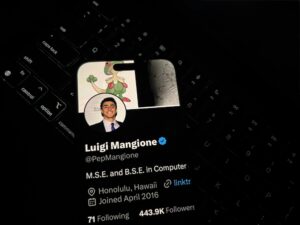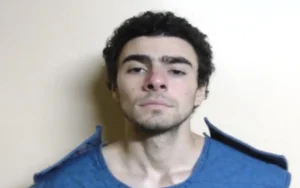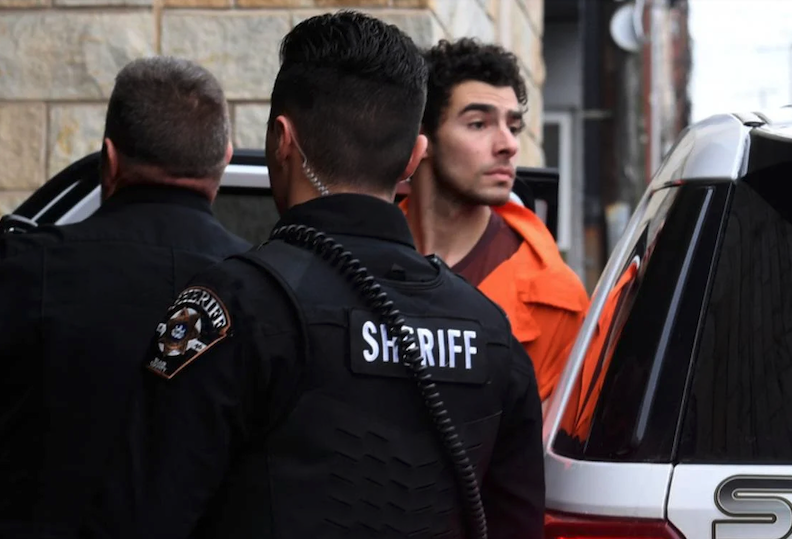New reports suggest investigators are increasingly persuaded that the suspect in the murder of the UnitedHealthcare CEO may not have acted alone. Luigi Mangione, the 26-year-old Ivy League graduate, has captivated national attention since being identified as the shooter of Brian Thompson in New York City. Initially charged with murder for the December 4 attack, Mangione now also faces terrorism-related charges.
Despite Mangione’s assertion in a manifesto found on him that he acted independently, seasoned crime analysts suggest otherwise. Brian O’Shea, a former U.S. Army and private intelligence veteran, highlighted several indicators suggesting coordination, such as the suspect’s timely arrival and suspicious activity captured on CCTV.
“The odds of you getting somewhere right when your mark is getting there are next to impossible,” O’Shea told DailyMail in an exclusive interview. “I’ve done probably over 2,000 hours of surveillance, and probably half of those in New York City. It takes a long time to get to the right place at the right time.”
“The best way to be at the right place at the right time is to have a team, have intelligence on the movement of the target, and to have that team and yourself sit there for a long time until that person moves,” said O’Shea.

Toronto, Canada – December 13 2024 Luigi Mangione is charged in the deadly shooting of UnitedHealthcare CEO Brian Thompson.
According to Mangione’s short manifesto, he acted alone. “To the Feds, I’ll keep this short, because I do respect what you do for our country,” Mangione wrote. “To save you a lengthy investigation, I state plainly that I wasn’t working with anyone.”
Another intelligence expert, who chose to remain anonymous due to close ties with the case, also cited a crucial phone call made by the suspect moments before the murder, suggesting it could have involved an accomplice tracking Thompson’s movements.
The second expert, who is close to the case, discussed tactics used in public figure attacks: “All public figure attacks have what we call a staging location,” he noted. “That is the location from which the actual attack is mounted. Nearly every public figure attack is over in less than five seconds. But the staging location might be occupied for hours.”

O’Shea was baffled by the assassin’s decision to leave the intended location just moments before the attack was to take place. “With a three-minute window, which killer is going to stop at Starbucks for a Kind bar and a bottle of water? It just doesn’t make any sense,” he said, voicing his incredulity at the unlikely timing.
“If it were me doing surveillance of this sort, I’d be paying off a door guard or concierge. Like, ‘Hey man, I’m really trying to see what’s going on with this guy. Can you help me out?’” O’Shea explained. “It just seems like a team that was doing good surveillance and reporting to their client.”
A top private investigator close to the case told the outlet, “I continue to be interested in learning how Luigi could possibly have learned the details of the meet date and location in advance,” the source said.
“The assassin needs to know either where his target is starting off for the day or where he is ending up for the day.” He added, “It is possible that someone who intimately knew the schedule for the CEO provided information to the shooter, or to someone else, who provided it to the shooter.”

